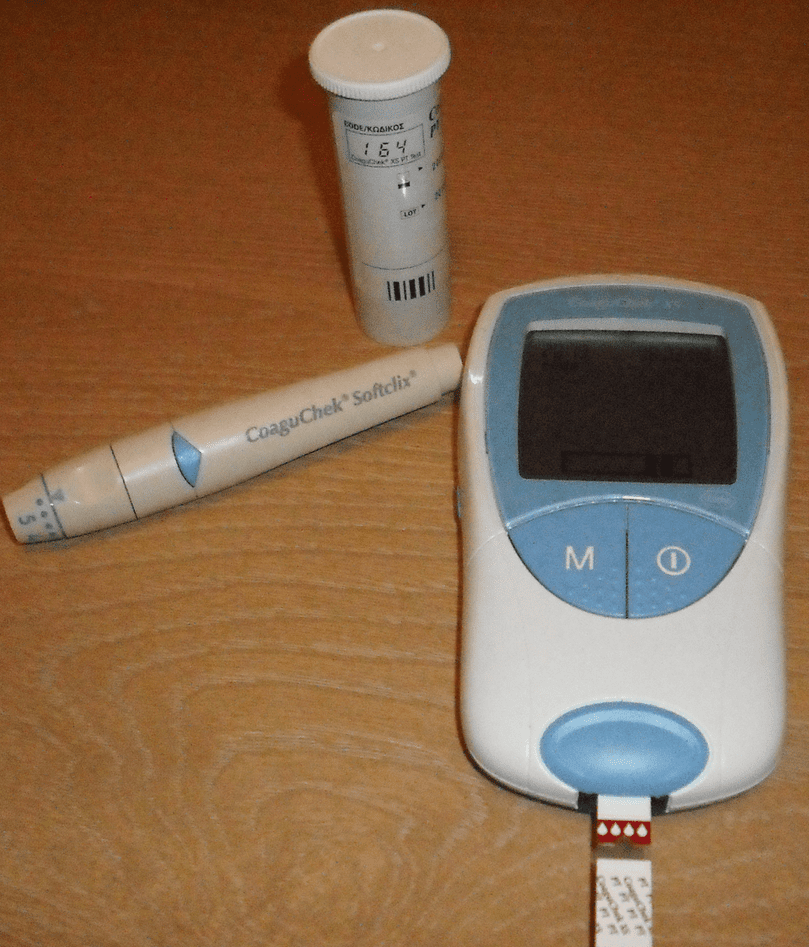INRatio Recall and Settlement
After the blood monitoring device INRatio recall, a class-action lawsuit filed against the manufacturer, Alere, has settled out of court. So it is safe to say the global corporation with headquarters in Waltham, Mass., that touts itself as a leader in rapid diagnostics, likely dodged a bullet.
Class 1 INRatio Recall
 Alere recalled the device because it was producing inaccurate readings – readings that were different from those measured by similar devices – and eventually pulled it off the market. The recall was a Class 1, the most serious, and one in which injury or death could occur. The reason for the recall was that the system had the potential to generate low results in patients taking blood thinners. In such cases, if the false low results were acted on, there could be fatal bleeding.
Alere recalled the device because it was producing inaccurate readings – readings that were different from those measured by similar devices – and eventually pulled it off the market. The recall was a Class 1, the most serious, and one in which injury or death could occur. The reason for the recall was that the system had the potential to generate low results in patients taking blood thinners. In such cases, if the false low results were acted on, there could be fatal bleeding.
“Alere was unable to develop an adequate modification that ensured the safety and effectiveness of the INRatio System,” according to the U.S. Food and Drug Administration.
The company invested in two years of research and development related to the software component of the device. They obviously could not find a feasible solution.
“Alere is initiating a voluntary withdrawal of the Alere INRatio® PT/INR Monitor system,” the company website states. “In certain cases an Alere INRatio® PT/INR Monitor system may provide an INR result that is clinically significantly lower than a result obtained using a reference INR system (laboratory method).”
Affected Patients of INRatio Recall
Those affected are patients who take warfarin and self-test their blood at home to keep track of the time it takes to clot. Others are affected, too. The class-action lawsuit involved a plaintiff from Virginia who had a stroke and learned that the INRatio product in use was recording higher ratings than those in a professional lab. Another plaintiff in Arizona paid $1,700 on an INRatio product that was defective.
In 2014, Alere notified users of the INRatio device that certain patients with specific medical problems should avoid having their blood monitored with the device. Following this notification, the Class 1 INRatio recall was issued on July 11, 2016.
The plaintiffs pointed out that the recall came almost two years later. Meantime, they accused Alere of deceptive-marketing and false-advertising tactics. Also, there were a reported 18,000-plus complaints between 2002 and 2014 about the defective device, three of which resulted in death.
Details of the settlement by U.S. District Judge F. Dennis Saylor IV are not public.
Share This


